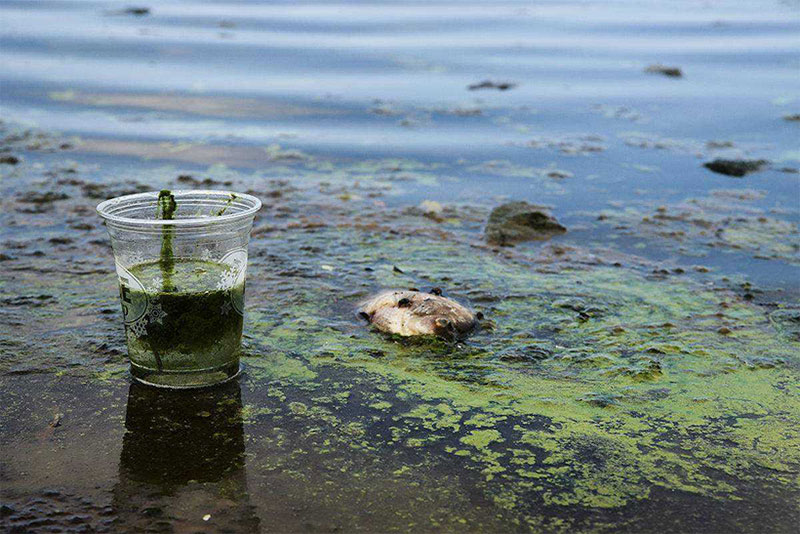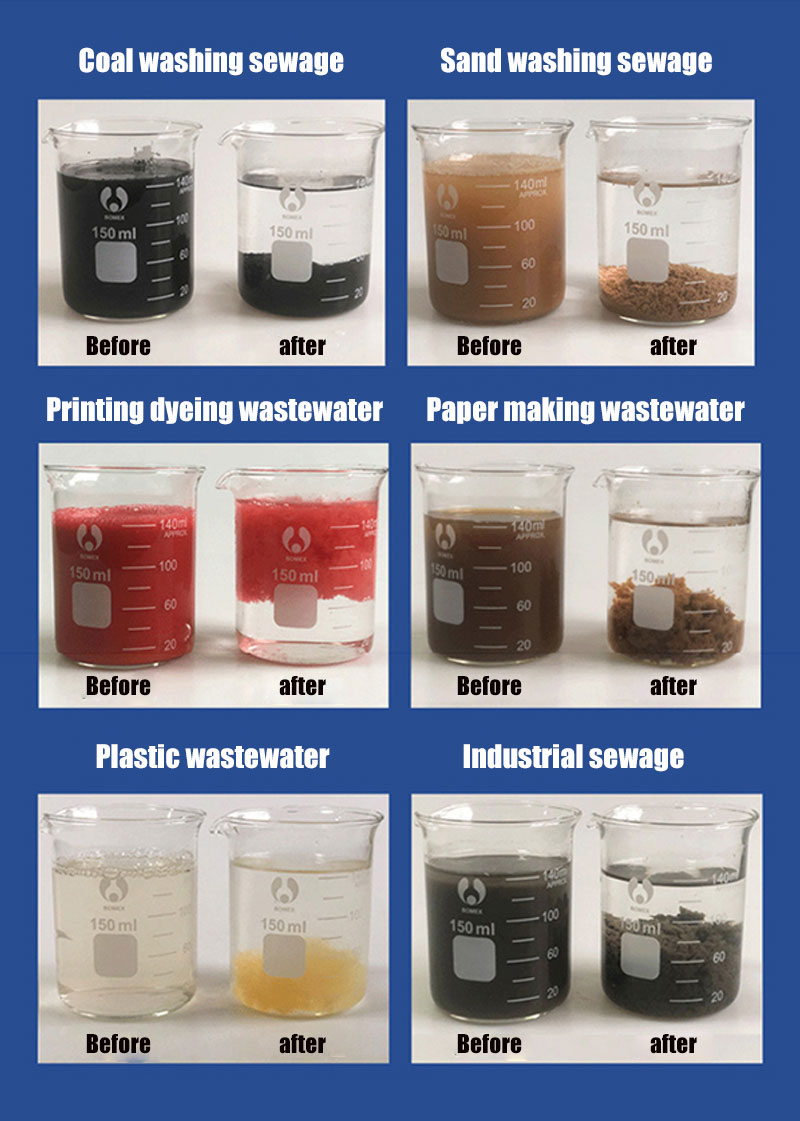Industrial wastewater, including production wastewater, production sewage and cooling water, is mainly discharged from the chemical industry, coal industry, strong acid and alkali industry, organic fertilizer industry, plastic industry, pharmaceutical industry, dyeing industry, plastic industry and other manufacturing wastewater and waste liquid. Industrial wastewater is difficult to treat due to its complex composition, different content of organic compounds, high toxicity, deep saturation, especially poor biochemistry and intermittent discharge.

Polyacrylamide is acrylamide copolymerization or copolymerization with other monomers in more than 50% of the linear water soluble polymer chemicals general name.

In oil mining, water treatment, textile printing and dyeing, paper making, mineral processing, coal washing, medicine, sugar, aquaculture, building materials, agriculture and other industries has a wide range of applications, with “all industry additives”, “universal products” said, especially polyacrylamide as a non-toxic polymer flocculant, can be widely used as industrial wastewater and urban sewage treatment. Polyacrylamide flocculant was used to treat industrial wastewater from a factory. The effects of dosage, pH value, stirring time and reaction temperature on wastewater treatment were discussed.

The results show that with the increase of dosage, the flocculation effect becomes better first and then worse. The reason is that the flocculation mechanism of polyacrylamide flocculant is the adsorption bridging mechanism. When the dosage is appropriate, there will be an effective adsorption bridging effect between colloidal particles suspended in sewage, and flocculation will be formed. Bridging becomes difficult, and dispersion stabilisation occurs because of the repulsion between particles.
The pH value is very large or very small, will make the flocculant with more electricity, particles separated from each other, polymer mostly adsorb on the same particle, bridge effect is reduced; At the same time, the pH value also controls the degree of polymer ionization. When the pH value is very high or very low, the amount of charge on the polymer molecular chain will increase, thus reducing the degree of polymer molecular extension, and also affecting the flocculation effect. If the stirring time is too short, the solubility of flocculant is bad. If the stirring time is too long, the solid formed after flocculation will be broken, and the clarification of filtrate will be affected after standing, so that the flocculation effect will be reduced.